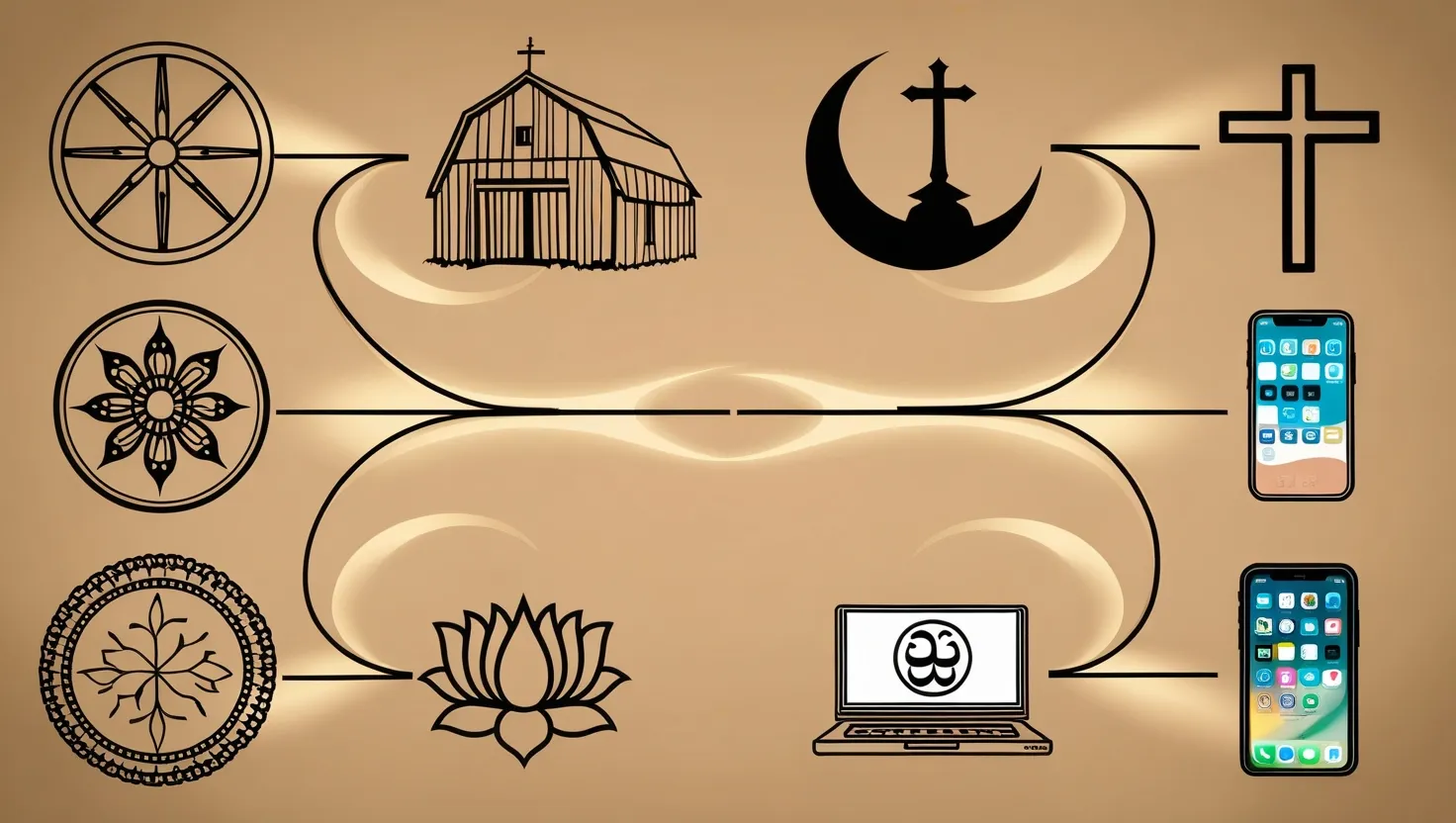In today’s world, many of us can’t imagine starting our day without coffee. That first cup is crucial for waking us up and keeping us alert, whether we’re working, studying, or just trying to get through the day. What most people don’t realize is that coffee has deep mystical and religious roots, especially linked to Sufism and Islamic mystics.
Even if you’re not a coffee fan—perhaps you prefer tea—its history is fascinating. Coffee is made from beans that are actually the seeds of berries from coffee plants. These beans trace back to Ethiopia, where locals probably chewed them long before brewing them into a drink. Caffeine, a powerful compound, is why coffee keeps us awake and alert. In its early days, just chewing coffee beans was enough to get the stimulating effect.
It wasn’t until these beans reached the Arabian Peninsula, specifically Yemen, that people began to brew them into a drink. By the 1400s, coffee was a well-established beverage there. This is when coffee’s relationship with Islam and Sufism started. A popular theory credits a Sufi sheikh named Umar Ashad Ali with introducing coffee to Yemen. Sufis, known for their intense and long spiritual practices, quickly saw the benefits of coffee. It helped them stay awake during their night-long mystical rituals called vicar, which involve repeating names of God and aiming for an ecstatic state.
With its benefits clear, coffee spread rapidly across the Arabian Peninsula. Initially, it was mainly used for spiritual purposes. The Ottoman Empire eventually spread coffee even further, reaching Europe and India by the 1600s. As coffee became popular beyond religious circles, coffee houses emerged as places where people could gather and discuss various subjects, from politics to religion. This brought about debates on coffee’s permissibility under Islamic law, likening it to intoxicants like wine. However, political concerns were often at the heart of these debates, as coffee houses posed a threat to the power of sultans and leaders.
Today, coffee is widely accepted and enjoyed across the globe. Tea has a somewhat similar history. Originating from the Camellia sinensis plant in China, tea was initially chewed before being brewed into a drink. The spread of Buddhism helped popularize tea, as Buddhist monks found it useful for staying alert during long meditation sessions. Much like coffee in Sufism, tea became an important part of Buddhist practice and eventually spread to Japan and Korea. Over time, tea took on additional symbolic and ceremonial meanings, especially in Zen Buddhism.
We often think of mundane things like coffee as separate from religious influence, but their histories are deeply intertwined with spiritual practices. So, the next time you sip your morning coffee, remember its origins are steeped in the devotional practices of Muslim mystics.






